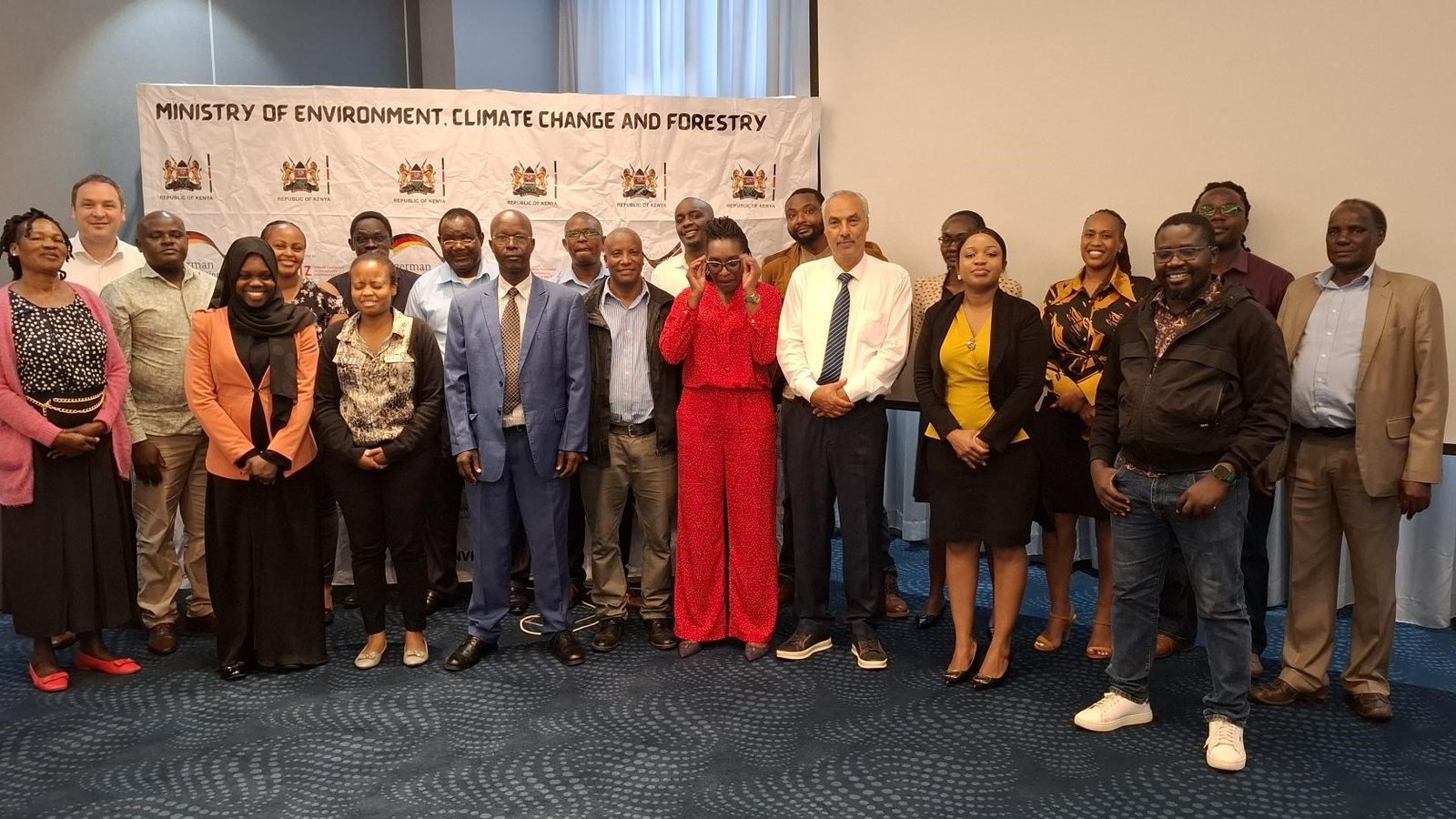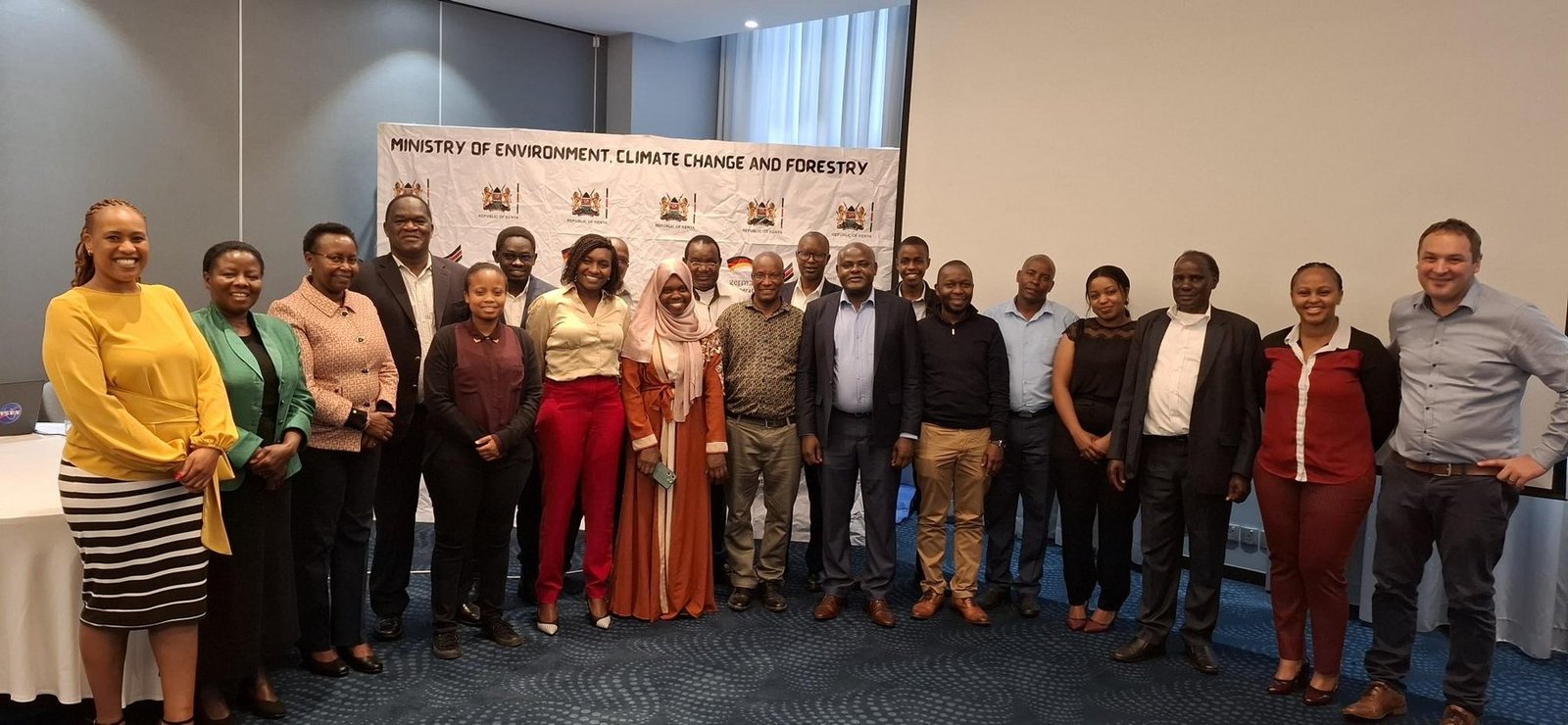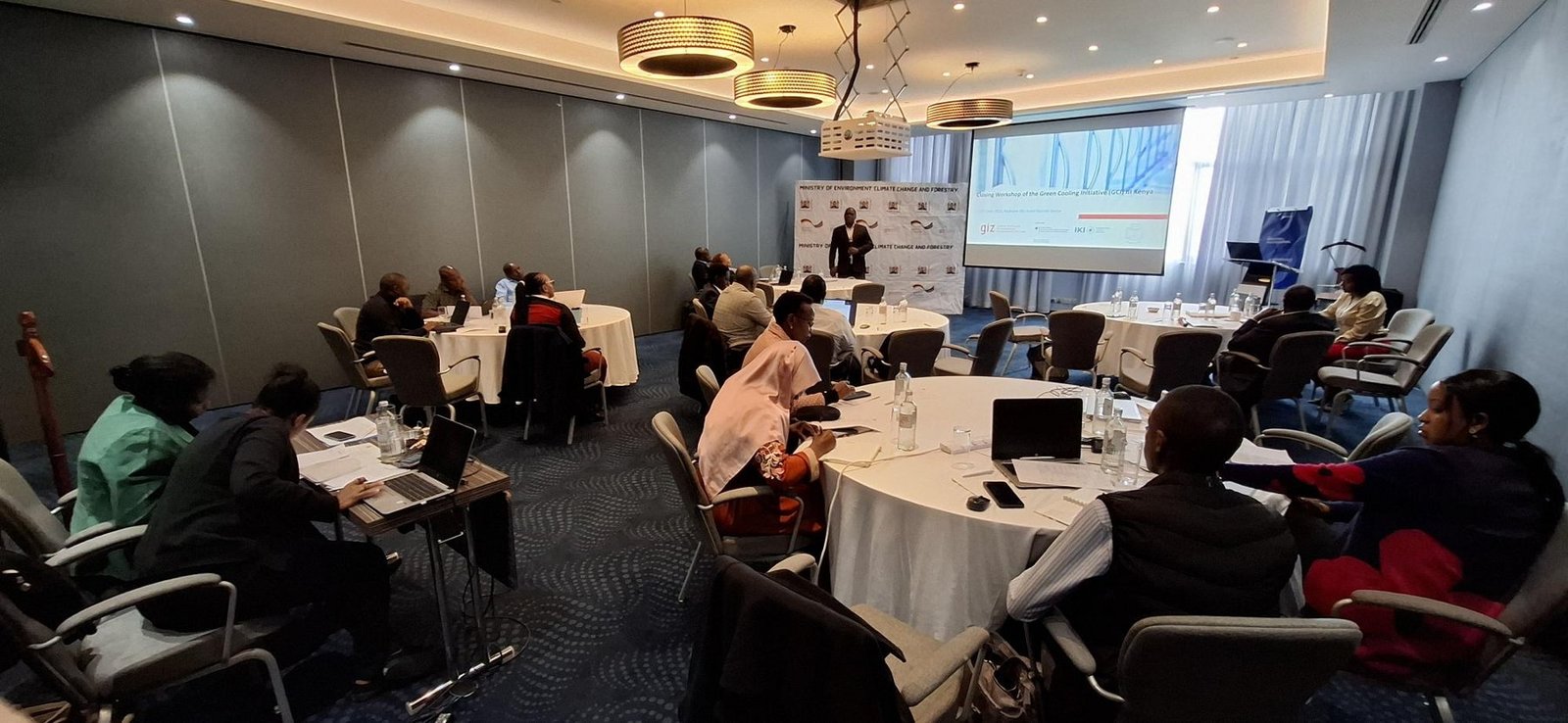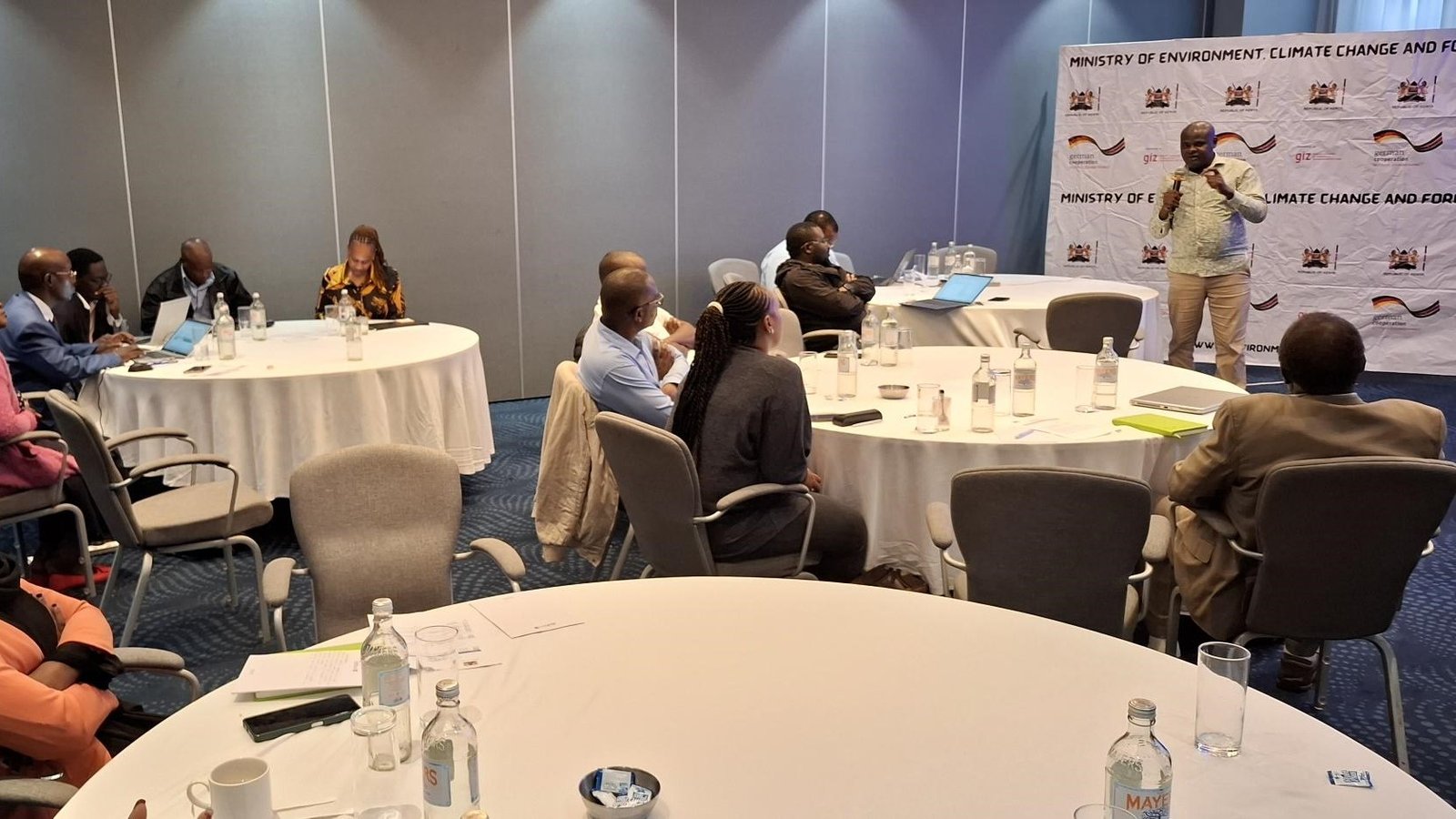Kenya Validates National ODS and HFC Inventory, Launches New Cooling Project
Kenya’s Ministry of Environment, Climate Change and Forestry has validated the national inventory of Ozone-Depleting Substances (ODS) and Hydrofluorocarbon (HFC) banks during a stakeholder workshop held in collaboration with the GIZ-ODS banks project. The validation event, hosted in Nairobi, brought together representatives from government, industry, academia, importers, and civil society.
The national inventory, developed with funding from the Multilateral Fund of the Montreal Protocol and support from the German Federal Ministry for Economic Cooperation and Development, was implemented by GIZ. It includes data on existing ODS and HFC banks in sectors such as refrigeration, air conditioning, and waste management. It also quantifies unwanted substances stored in recovery cylinders and other systems, establishing a baseline for future recovery, recycling, and destruction efforts.
Importers present at the workshop highlighted the importance of accurate data to guide policy and investment decisions as Kenya advances its commitments under the Montreal Protocol and the Kigali Amendment.
The validated inventory will inform national strategies on sustainable cooling, with anticipated benefits for environmental protection, energy efficiency, and public health.
At the same event, the Ministry and GIZ also marked the official closure of the Green Cooling Initiative (GCI) III and the launch of the Green Room Air Conditioning (GRACE) Project. GCI III, implemented by GIZ and funded by the German Federal Ministry for the Environment under the International Climate Initiative, has operated in Kenya since August 2021.
GCI III supported updates to Minimum Energy Performance Standards (MEPS) and labeling, conducted market studies on refrigeration and air conditioning units, and developed a data platform for appliance regulation under Kenya’s Energy and Petroleum Regulatory Authority. The initiative trained around 400 technicians in the safe use of natural refrigerants such as R290 and CO2, and revised technical training curricula to include natural refrigerants.
Additional activities included the distribution of over 100 R290 air conditioners to 11 training institutions, the installation of a CO2 transcritical ejector training rack for supermarket applications, and training sessions for 38 policymakers on negotiation skills.
The GRACE Project will build on these outcomes, aiming to accelerate the adoption of natural refrigerants in room air conditioning and improve market preparedness for climate-friendly technologies.
Stakeholders underscored the importance of continued collaboration between public institutions, private sector entities, and international partners to support Kenya’s climate commitments under the Kigali Amendment and the Paris Agreement.



